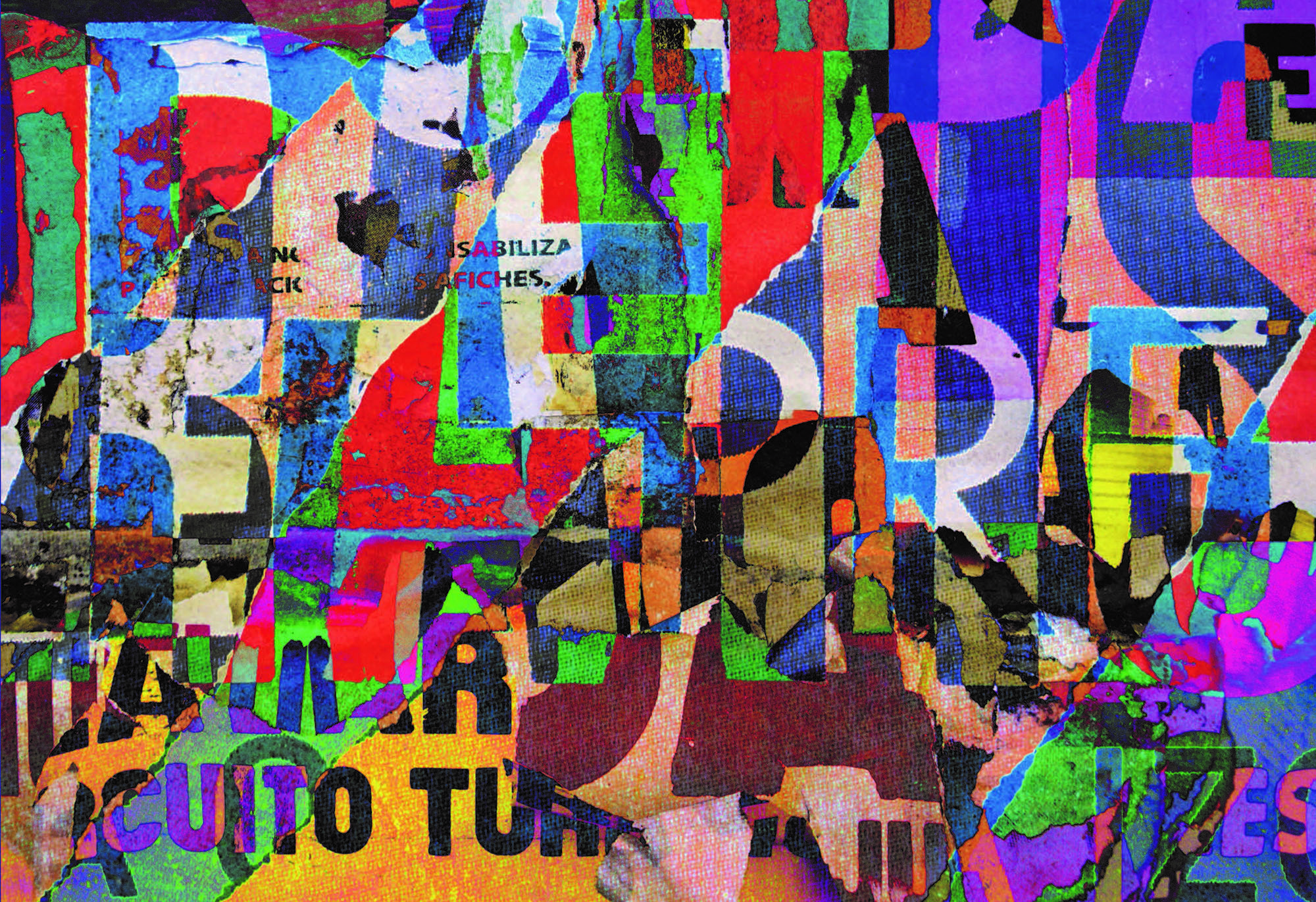
Elite Creativities
This project – titled in full as Elite Creativities: Engaging the Language Work of Professional Wordsmiths– was funded for three years by the Swiss National Science Foundation (May 2020-December 2023, #100015_192299). In addition to me as PI, the project was undertaken by a team of three other researchers: Gwynne Mapes (postdoc) and Olivia Droz-Dit-Busset (doc), funded directly by the SNSF, and Lara Portmann, as an affiliated doctoral researcher funded by the University of Bern. During this time, were supported by a student research assistant Laura Wohlgemuth who is now a doctoral researcher on my Articulating Rubbish project.
In short, the Elite Creativities project seeks to make substantial contributions to the field of critical sociolinguistics. As a multi-sited discourse-ethnography, the project has four unifying aims: (1) to investigate three domains of professional language work largely or completely overlooked by language scholars; (2) to expand scholarship on language and political economy by looking at more elite, “high-end” forms of language work; (3) to generate new empirical insights into two cutting-edge issues in sociolinguistics and discourse studies, namely semiotic ideology and discursive creativity; and (4) to apply a discourse-ethnographic research design centering practitioners’ reflexive accounts of their work.
More and more people do work where language is not only a vehicle for their work but is its primary outcome. For critical sociolinguists, this can have major cultural and economic ramifications. While language scholars have certainly examined the workplace, there have been two problematic tendencies: on the one hand, key domains of otherwise explicit, intensive language work are consistently overlooked or side-lined; on the other hand, workers and their work are too often treated as objects of study rather than as sources of valid linguistic insight for informing linguistic theory. The Elite Creativities project addresses both of these problems, while, in the second case, orienting also to best-practice examples. We do so with reference to three types of wordsmiths; that is, high-end language professionals.
The three domains and professions targeted in this project are, from the arts, dialect coaches; from politics, speechwriters; and from commerce, copywriters. These professions are all instances where occupational practice hinges on workers crafting, honing and designing words, hence wordsmiths. All are either largely or completely overlooked in sociolinguistics and discourse studies; they are also where our project team have existing expertise and/or contacts. Each profession represents an area of “high-end” language work located in elite contexts. As so-called creatives, the outcomes of wordsmiths’ work can be high-impact; the work is reasonably (although not straightforwardly) professionalized and typically well-remunerated. In all three cases, the wordsmiths being investigated here often work backstage or behind-the scenes; as such, their influence is partially obscured and often misrecognized by the wider public.
Related publications
Thurlow, C. (2025, in press). Transmodal practice and embodied style in audio description: Thinking beyond the academic “but”. Applied Linguistics.
Thurlow, C. and Hedegard, H. (resubmitted). Response cries and vocal bursts in closed captioning: Managing intentionality and interference. Journal of Sociolinguistics.
Thurlow, C. (2022). Spracharbeit im Filmbusiness: Von der Bedeutung „kleiner Texte“. [Language work in the movies: The power of “little texts”] In K. S. Roth, J. Spitzmüller & S. Brommer (eds), Brückenschläge: Linguistik an den Schnittstellen [Bridging the gap: The interfaces of linguistics] (pp. 155-175). Tübingen: Narr Francke Attempto.
Droz-dit-Busset, O. (2022). “So-called influencers”: Stancetaking and (de)legitimation in mediatized discourse about social media influencers. Discourse, Context & Media, 49, 100629.
Portmann, L. (2022). Crafting an audience: UX writing, user stylization, and the symbolic violence of little texts. Discourse, Context & Media, 48, 100622.
Thurlow, C. (2020). The (grubby) business of words: What ‘George Clooney’ tells us. In C. Thurlow (ed.), The Business of Words: Linguists, Wordsmiths, and Other Language Workers (p. 1-20). London: Routledge.
Thurlow, C. & Britain, D. (2020). Voice work: Learning about and from dialect coaches. In C. Thurlow (Ed.), The Business of Words: Linguists, Wordsmiths, and Other Language Workers (p. 67-85). London: Routledge.
Thurlow, C. (2018). Critical discourse studies in/of applied contexts. In J. Flowerdew & J. Richardson (eds), Handbook of Critical Discourse Analysis (pp. 328-341). London: Routledge.
